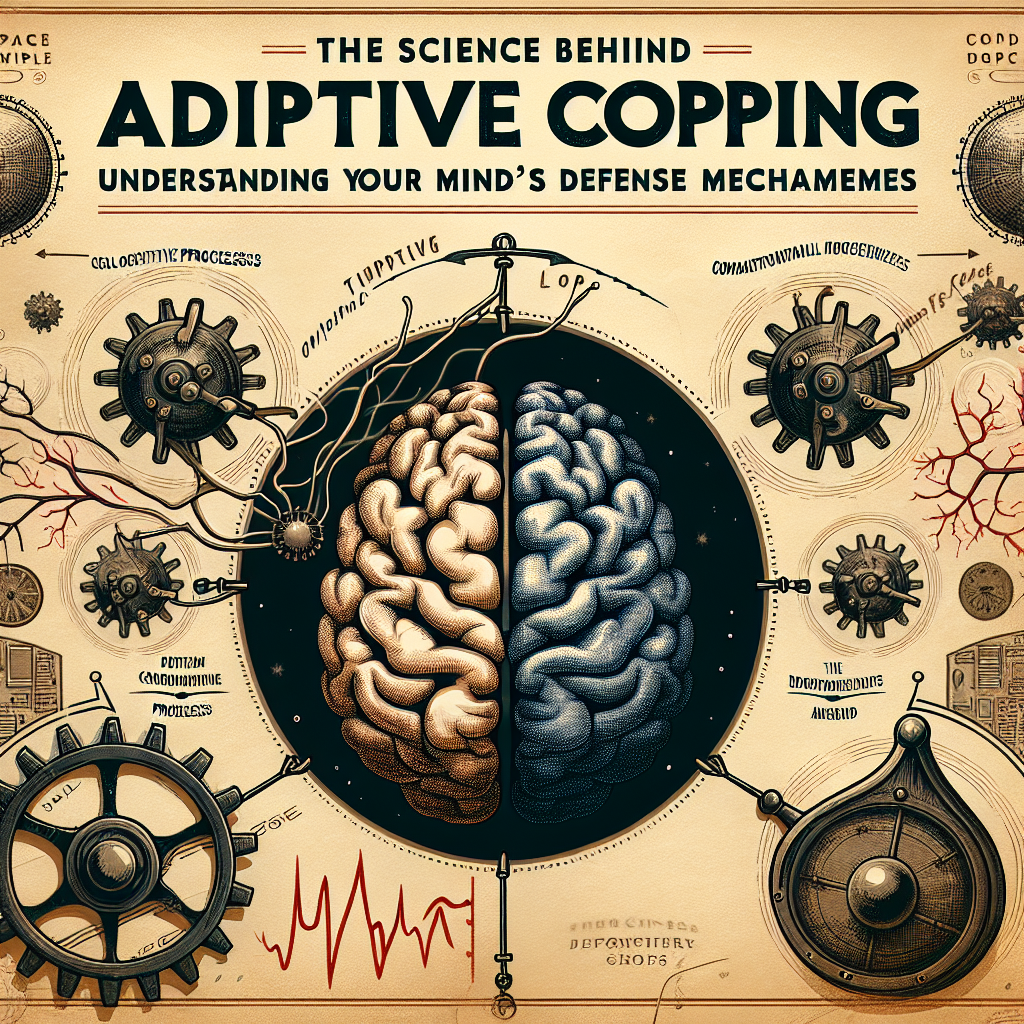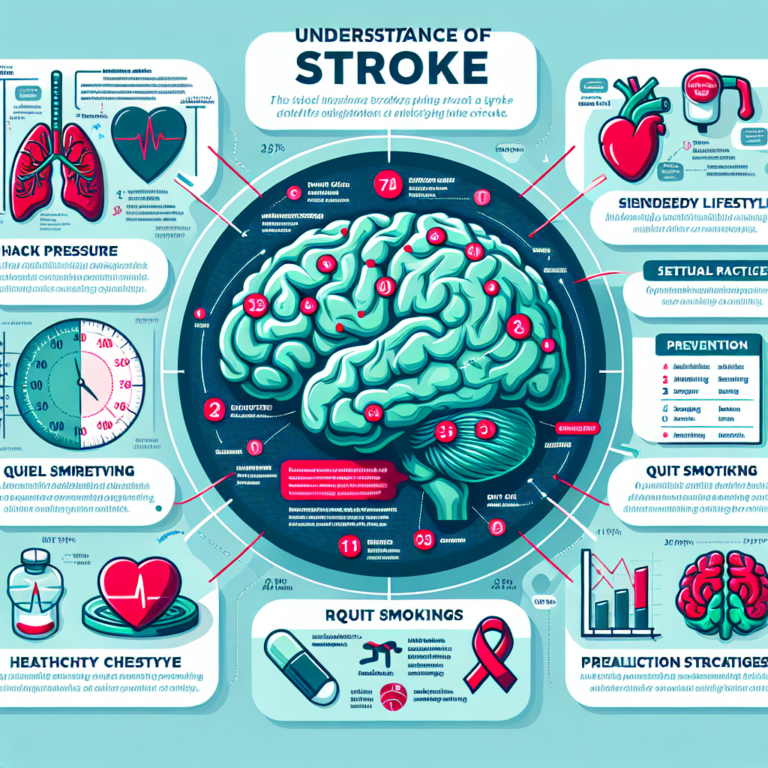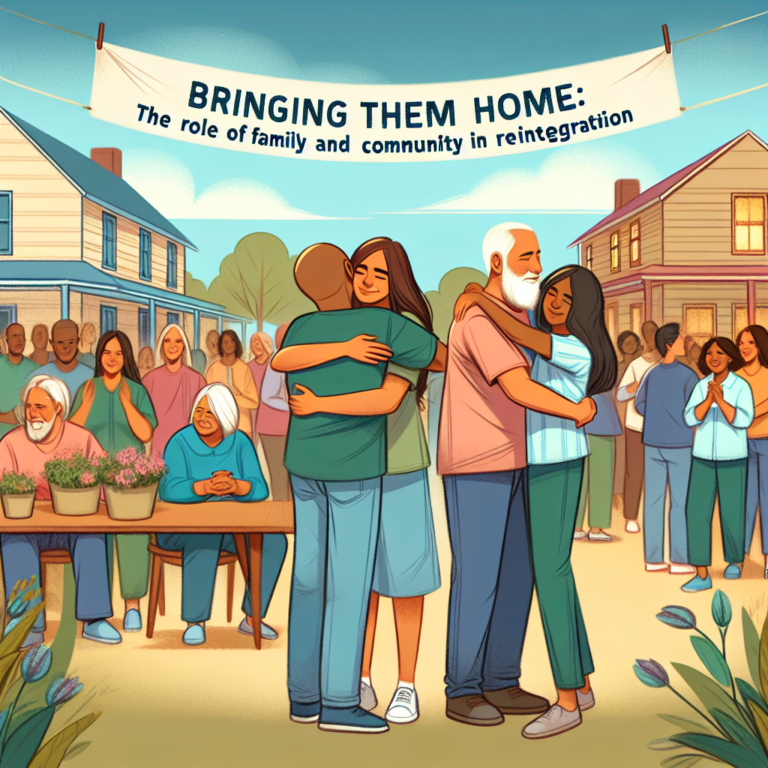
Introduction
Life is full of challenges, uncertainties, and stressors that can shake even the most composed individuals. Yet, amidst chaos, some people emerge more resilient, equipped with a toolbox of adaptive coping mechanisms that enable them to navigate life’s storms. Have you ever wondered what makes these individuals different? The Science Behind Adaptive Coping: Understanding Your Mind’s Defense Mechanisms delves deep into this fascinating subject, exploring how your mind defends itself, adapts, and ultimately thrives in adversity. By understanding these mechanisms, you can empower yourself to handle stress more effectively and lead a more fulfilling life.
The Role of Defensive Mechanisms
Adaptive coping mechanisms are strategies that help us deal with stressors effectively and healthily. Unlike maladaptive mechanisms, which can hinder personal growth and well-being, adaptive coping promotes psychological resilience. The following subsections will illuminate how these mechanisms function and how they can be harnessed to improve our mental health.
What are Defense Mechanisms?
Defense mechanisms are psychological strategies employed by the mind to protect oneself from anxiety and emotional pain. They can be categorized as adaptive or maladaptive based on their impact on our life.
| Type | Description |
|---|---|
| Adaptive Coping | Healthy strategies that enhance well-being. Examples include problem-solving and social support. |
| Maladaptive Coping | Unhealthy strategies that can lead to negative outcomes. Examples include denial and avoidance. |
The Science of Adaptive Coping
Research in psychology shows that adaptive coping mechanisms have a biological basis. Our brains are wired to protect us from threats. Neurotransmitters like dopamine and serotonin play roles in mood regulation; understanding how these biochemical processes relate to coping strategies can enhance our approach to stress.
For example, a study published in the journal Psychological Science found that people who utilized adaptive coping strategies reported lower levels of cortisol—a stress hormone—in response to stressors. This highlights the biological connections between our coping strategies and our mental health.
Case Studies: Real-World Applications
Understanding the theoretical aspects of adaptive coping is vital, but seeing it in action makes it even more powerful. Below are real-life case studies showcasing how adaptive coping mechanisms have positively impacted individuals.
Case Study 1: Sarah’s Stressful Work Environment
Sarah, a marketing manager, felt overwhelmed by the demands of her job. Instead of resorting to avoidance, she sought social support from her coworkers. By sharing her feelings and forming alliances, she discovered that others faced similar pressures. This not only helped alleviate her stress but also fostered a collaborative work environment.
Analysis: Sarah’s use of social interactions exemplifies adaptive coping, as it involved engaging with others rather than isolating herself, thus creating a support system.
Case Study 2: John’s Health Crisis
When John was diagnosed with a chronic illness, he initially felt despair. However, he chose to educate himself about his condition and actively participated in support groups. This proactive approach helped him manage his symptoms and enhanced his psychological well-being.
Analysis: John’s decision to confront his situation through learning and community engagement illustrates adaptive coping. Instead of succumbing to hopelessness, he took charge of his health.
Strategies to Enhance Adaptive Coping
To cultivate adaptive coping mechanisms, consider implementing the following strategies:
1. Practice Mindfulness
Mindfulness meditation can significantly reduce stress levels and improve emotional regulation. It allows you to focus on the present moment, mitigating anxiety about future uncertainties.
2. Develop Problem-Solving Skills
Training yourself to face issues head-on rather than avoiding them can build resilience. Techniques include brainstorming solutions, weighing pros and cons, and seeking advice from others.
3. Build a Support Network
Having a supportive social network can provide emotional backing that enhances coping mechanisms. Engage in both giving and receiving support to foster strong relationships.
4. Maintain a Healthy Lifestyle
Physical health and mental health are interlinked. Regular exercise, a balanced diet, and adequate sleep contribute to better coping mechanisms by improving mood and reducing stress.
Navigating Challenges
While the journey toward adaptive coping is enriching, it’s not without challenges. In the face of trauma or significant stress, it’s normal to revert to maladaptive coping strategies. Understanding this tendency is crucial.
Recognizing Maladaptive Behaviors
Take time to identify when you’re using maladaptive behaviors, such as substance abuse or emotional withdrawal. Self-awareness is the first step to change.
Chart: Coping Mechanisms Comparison
| Mechanism Type | Characteristics | Long-term Effects |
|---|---|---|
| Adaptive | Healthy, constructive, enhances resilience | Improved mental health |
| Maladaptive | Unhealthy, destructive, may provide short-term relief | Increased anxiety and depression |
Conclusion
The Science Behind Adaptive Coping: Understanding Your Mind’s Defense Mechanisms reveals invaluable insights into how our minds protect and empower us. By utilizing adaptive strategies, you can develop resilience, improve your mental health, and lead a more fulfilling life. Remember that adapting to stressors is a process, and it’s essential to be patient and compassionate with yourself.
Actionable Insights
- Start integrating mindfulness into your daily routine.
- Build a robust social support network.
- Focus on developing your problem-solving skills.
- Regularly assess and adjust your coping mechanisms.
With these tools, you can turn challenges into opportunities for growth. Your journey toward adaptive coping is not just a personal endeavor; it’s a path toward a healthier, more resilient world.
FAQs Section
1. What are the signs of maladaptive coping mechanisms?
Common signs include substance abuse, isolation, avoidance of problems, and excessive denial. Recognizing these behaviors is the first step toward healthier strategies.
2. How can I practice mindfulness daily?
Start with short meditation sessions, deep-breathing exercises, or mindful observation of your surroundings. Gradually increase the duration and frequency of your practices.
3. What role does social support play in adaptive coping?
Social support provides emotional validation, practical assistance, and a sense of belonging, all of which enhance coping capabilities.
4. Can adaptive coping mechanisms be learned?
Yes! Adaptive coping mechanisms can be cultivated over time through practice and effort. Engaging with mental health professionals can also facilitate this learning process.
5. Is it normal to occasionally revert to maladaptive strategies?
Absolutely. Everyone experiences setbacks. The key is to recognize when it happens and gently guide yourself back to healthier coping strategies.
The journey into The Science Behind Adaptive Coping: Understanding Your Mind’s Defense Mechanisms is just beginning. Equip yourself with knowledge and practical strategies, and you’ll be more prepared to face whatever life throws your way.















